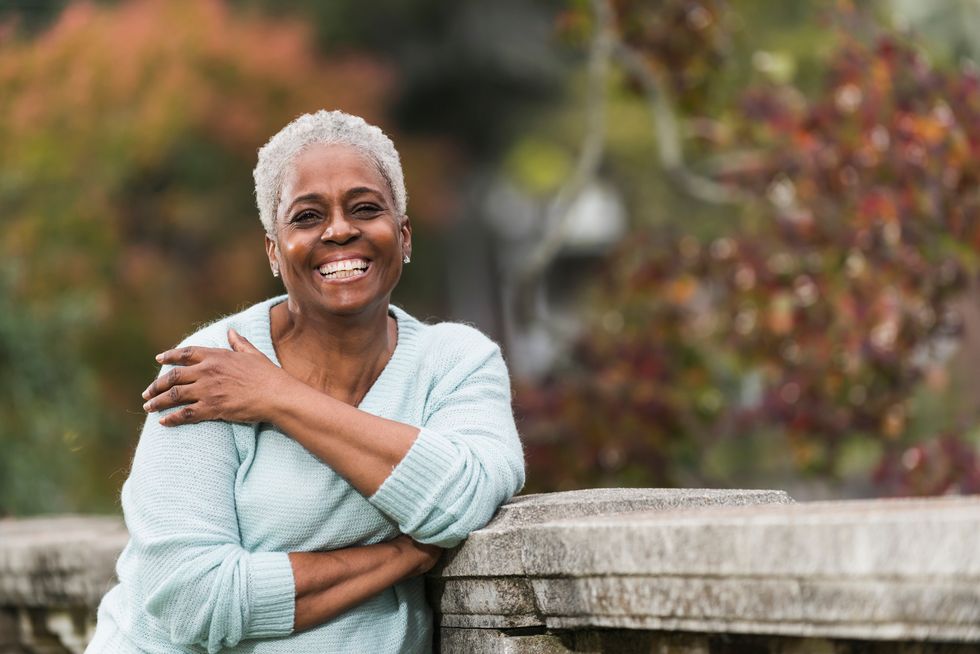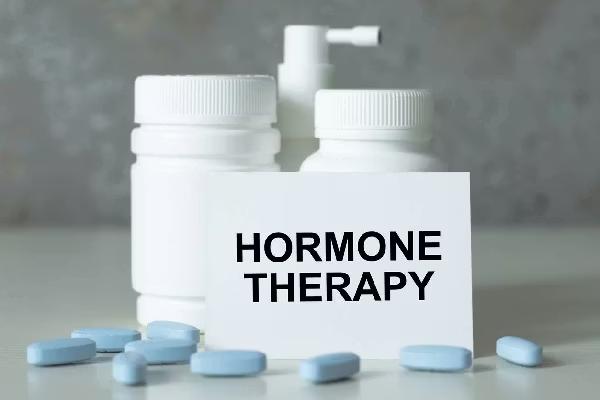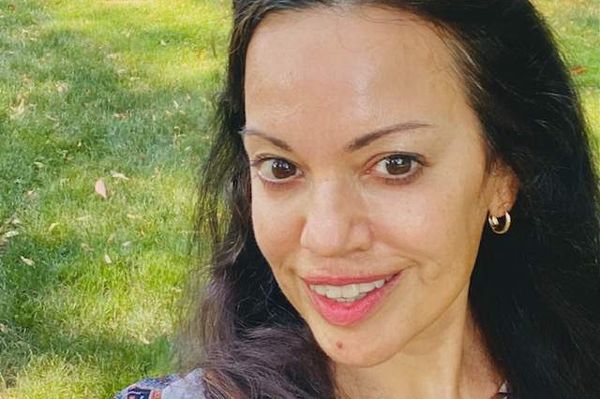When a menopausal women steps into her health care provider's (HCP) office, the HCP should look the patient in her eyes. Are her eyes clear? Is her gaze sharp? Then the HCP should look at her patient's hands. Are the mottled? Has she been chewing her nails? Within seconds, an HCP can sense how well their patient is feeling.
Then, an HCP should take a step back and look at their patient as the woman they know she wants to be. That's where they should focus.
The physical and mental changes for perimenopausal and menopausal women in their 40s and 50s are too numerous to count. Most cannot be measured with blood work and x-rays although these are critical aspects of every annual visit. HCPs hear about mood swings, erratic sleeping patterns, low libido, and overnight weight gain that leaves them questioning who they are and what they need. Women tell their HCPs how everything they do and everyone they know easily annoys them. Even women who are models of fitness claim changes in their bodies that leave them wondering what will I have to deal with today?
We can always use a friendly reminder that our health is the foundation on which our whole life will either work for us or against us. This is especially important in midlife as women transition from caring primarily for their families to accepting that their health and wellbeing must become the top priority, or their responsibilities and dreams will not be possible.
As an HCP and a woman, I offer these words of encouragement in hopes that this time is less mysterious, and that you can look at it as your body pushing you to live your very best life.
Accept that your body is changing. Try to view your body as your best friend. Be gentle and listen to its ranting and sometimes nonsensical harangue and recognize that there's an underlying desire for your body to do the very best it can. Your body is heroic, potentially able to withstand great challenges. Don't let it down now or walk away, when it cannot perform perfectly every day. Find moments of peace. Make your body your best friend and listen to what it needs.
Redefine fitness on your terms. Not every woman is built to run a marathon or has an interest in rock climbing. There's no shame in realizing that fitness for you might be simply taking a walk after dinner. Midlife is the time to update your definition of fitness to include new options like gardening, swimming, and badminton. Research shows that exercising with less intensity but for longer periods of time may be best for health.
Take stock of your available resources. The goal is to accomplish the first step, then the second, then all the others that will come. To do that, it's worth knowing the resources available to you— your work hours, driving routes, financial commitments, eating patterns and so on — and negotiating just a little more "just me" time if possible. Top of your personal to-do list should be your Well-Woman Visit where the lab work and exam can serve as a baseline for any new exercise program you plan. Talk to your practitioner and let them know what you believe fitness means to you and what you need to get started.
Phone a friend. There's nothing better than a gal pal who will listen and be supportive when the whole world, including your body, seems to be against you. Midlife changes are universal and what keeps you up at night or wondering when your clothes will fit again, is likely to be a concern for someone else you know. Anxiety, depression, and generalized nervousness are common but affect each woman differently. Seek professional help if you believe it's needed, or at a minimum, find a trusted friend and speak with an open heart. Let it all out; they will catch you.
Being fit will look different as we age, but our bodies are worth the extra effort. I like to remind myself of what Ralph Waldo Emerson said, "Your first wealth is health." I hope you'll look to HealthyWomen as a credible source of women's health information to empower you to adopt the same belief for yourself each and every day.







